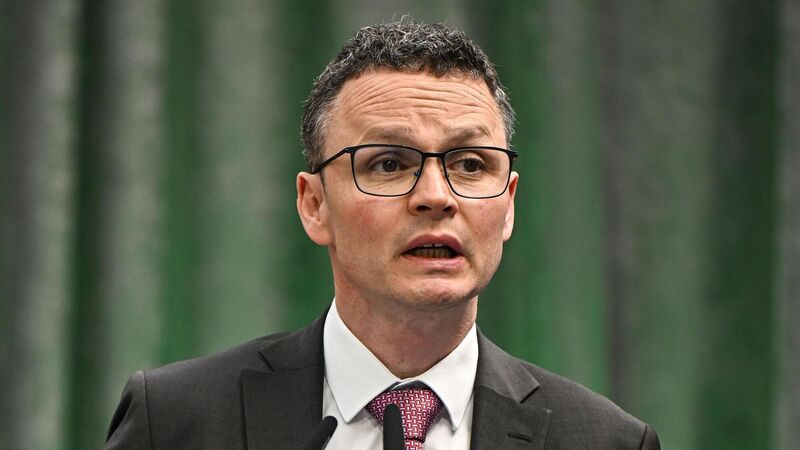Disappointment among counties at level of Government funding, says Martin

Minister for Arts, Media, Communications, Culture and Sport, Patrick O'Donovan. Pic: Sam Barnes/Sportsfile
A leading GAA official has reported disappointment among counties at the level of Government funding announced for the organisation in last week's Budget.
National games development committee chairman Micheál Martin has been liaising with counties on a review of the sector and has been contacted by several of them since the figures were revealed last Tuesday.











